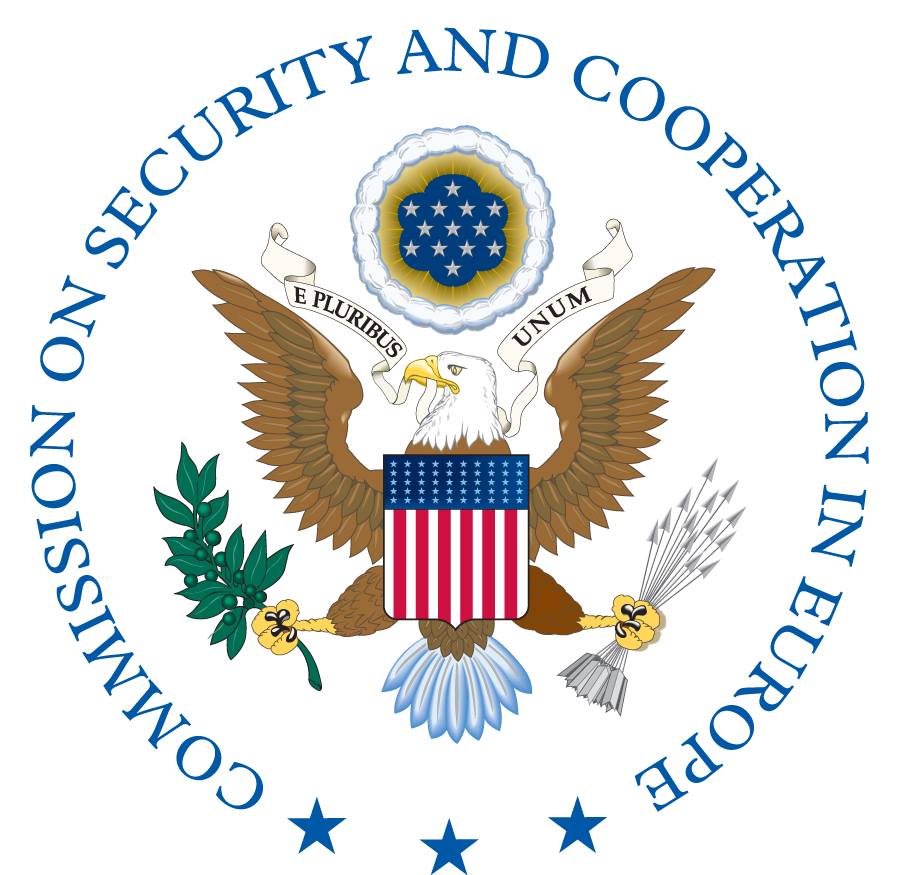WASHINGTON—Ahead of the ten-year anniversary of Sergei Magnitsky’s death on November 16, Helsinki Commission leaders issued the following statements:
“Sergei Magnitsky was a fearless truth-teller who wanted to make his country a better place,” said Chairman Rep. Alcee L. Hastings (FL-20). “Unfortunately, his brave actions were rewarded not with accolades from the Russian Government, but with vicious abuse and death in a cold jail cell. Not much has changed in today’s Russia. We must honor his legacy by continuing to stand up for those who are voiceless and defend human rights at home and abroad.”
“The recent ruling against Russia in the European Court of Human Rights is an important vindication for the Magnitsky family, but real justice remains elusive,” said Co-Chairman Sen. Roger Wicker (MS). “Russian authorities still have made no effort to punish those involved in Sergei Magnitsky’s detention and abuse. America has not forgotten Sergei Magnitsky—his legacy continues to inspire people around the world to hold fast to the truth in the face of intimidation and violence by authoritarian regimes.”
“Vladimir Putin’s Russia is a perilous place for those who dare to challenge the authorities. No one knew that truth more than Sergei Magnitsky,” said Ranking Member Rep. Joe Wilson (SC-02). “Ten years on, his death reminds us that defending human rights is vital to promoting democracy. I honor Sergei Magnitsky’s memory and hopefully await the dawning of a new age in Russia in which Sergei will be acknowledged as a hero instead of vilified and falsely accused.”
“Sergei Magnitsky’s faithfulness to the truth cost him his life. His legacy spurred a quest for justice in Russia and around the world,” said Ranking Member Sen. Ben Cardin (MD). “The Sergei Magnitsky and Global Magnitsky Acts make clear to all that the United States stands with those whose rights and basic freedoms are repressed. It should never be U.S. policy to normalize the behavior of human rights abusers and despots. Human rights cannot and should not be open to compromise; it must be a cornerstone of our foreign policy agenda. A decade after his death, we both mourn Sergei Magnitsky and remember his courage. Through his actions, he taught us that we are all capable of rising to the challenge and standing up for justice.”
In 2008, Sergei Magnitsky, who advised Hermitage Capital Management in a dispute over alleged tax evasion in Russia, discovered a $230 million fraud being committed by Russian law enforcement officers assigned to the case.
Magnitsky reported the fraud to the authorities and was arrested soon after by the same officers he had accused. For almost a year, Magnitsky was held in squalid prison conditions, denied visits from his family, and beaten by guards. Despite developing serious cases of gallstones, pancreatitis, and cholecystitis, he was denied medical attention. On November 16, 2009, Sergei Magnitsky was beaten to death in his cell. He had been imprisoned for 358 days, just seven days short of the maximum legal pre-trial detention period in Russia.







